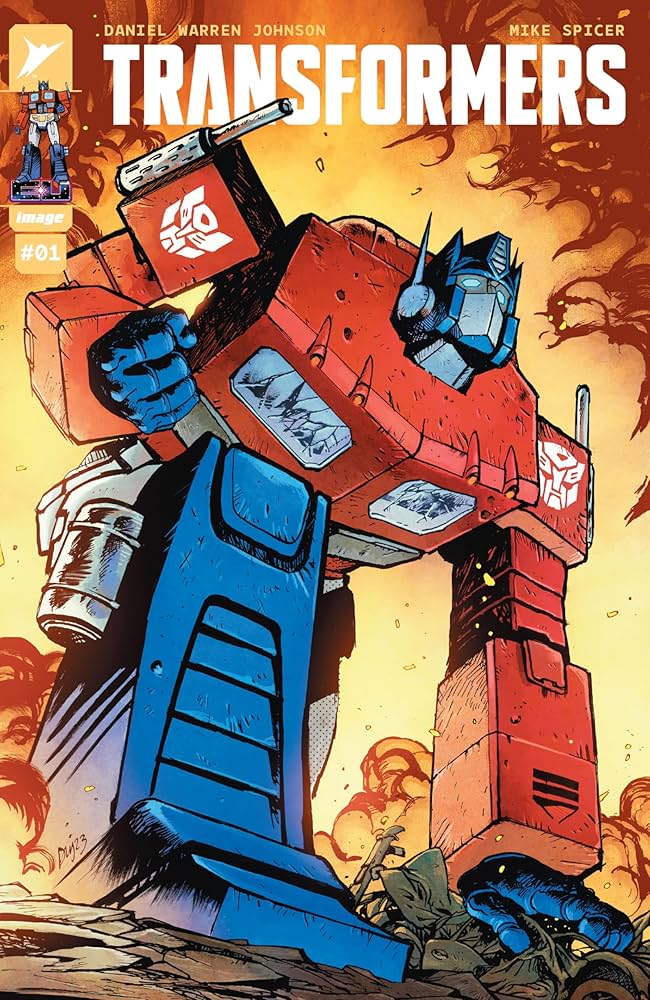Apply Now
Essential Guide to Illusive Comics for Modern Readers in 2025
When it comes to the expansive world of comics, the term "illusive comics" refers to a new wave of storytelling that challenges traditional formats and caters to the multifaceted interests of modern readers. As we progress into 2025, the comic book landscape is continuously evolving, bringing fresh narratives, stunning artwork, and diverse representation to the forefront. This guide explores the essence of illusive comics, the importance of comic book stores, and the trends shaping the future of graphic storytelling today.
In recent years, comic books have transcended their historical roots, evolving from mere entertainment to a prominent form of art and literature. As a result, genres like superhero comics and independent comics have flourished, appealing to a wider audience, including comic book collectors and casual readers alike. In this guide, we will explore various facets of the comic book industry, including comic book history, sequences in storytelling, and the rise of digital comics.
Whether you're a seasoned comic book fandom member or a newcomer curious about graphic novels, this article will provide insights into the world of comics, delve into artistic styles, and discuss upcoming comic book conventions and events. By the end of our discussion, readers will gain a greater appreciation for the nuanced art of comics, their impact on culture, and where they are headed in the future.
Understanding Illusive Comics and Modern Trends
Building on the foundation of traditional comics, illusive comics embody a transformative approach to storytelling, drawing on diverse themes and experiences. This innovative format weaves together elements of visual narrative, character arcs, and innovative illustration techniques, allowing creators to push the boundaries of the medium. As we see a substantial rise in graphic novels, the distinction between comic book genres has become blurred, making it essential for readers and creators alike to understand these contemporary trends.
Redefining Graphic Storytelling
Illusive comics redefine graphic storytelling by incorporating multifaceted narratives that resonate with various demographics. By combining features of narrative comics, artistic comics, and graphic novels, authors construct immersive worlds through sequential art that captures reader engagement. This evolution is evident in the storytelling techniques employed across genres, such as manga comics and superhero stories, which have become increasingly popular in both print and digital formats.
For aspiring comic artists, understanding these narrative structures will be vital when developing their comic book series, ensuring that they convey a compelling message while maintaining an engaging visual style. By embracing contemporary trends in the industry, creators can leverage the growing interest in comics to carve out a niche within the ever-expanding comic book community.
Exploring Artistic Styles in Illusive Comics
As artistic styles shift to accommodate diverse audiences, the creative possibilities for comic book illustrations have expanded immensely. Various illustrative comic styles are now being explored, from minimalistic designs to intricate, hyper-realistic art. By blending traditional media with digital comic creation, artists can produce visually striking works that enhance the storytelling experience.
Enthusiasts of the craft should explore resources on how to draw comics, focusing on different art styles prevalent in the industry today. Gaining insights from renowned comic book artists can open the door to discovering unique techniques that truly capture the essence of the characters and narratives they portray.
Independent Comics and Their Cultural Impact
The rise of independent comics has significantly influenced the comic book culture, offering readers a diverse array of stories beyond mainstream superhero comics. As more creators share their unique voices through self-publishing and digital platforms, we witness the emergence of multicultural comics that celebrate representation and inclusivity. This evolution allows for character development in comics that reflects the intricacies of contemporary society, inviting readers to engage with narratives that resonate with their lived experiences.
Independent comics also play a vital role in comic book events, as they are often highlighted in showcases and competitions. These comic book conventions provide opportunities for creators to connect, share their works, and gain valuable feedback from fans and industry peers.
The Role of Comic Book Stores in the Modern Era
With the advent of digital comics and online comic communities, one might question the relevance of traditional comic book stores. However, these physical spaces remain crucial to the comic book community, acting as hubs for enthusiasts to gather, share recommendations, and engage in comic book culture on a personal level.
Comic Book Stores and Community Building
Comic book stores serve as vital community spaces for graphic storytelling aficionados. They often host comic book signings, author events, and panel discussions featuring well-known creators, which foster a sense of belonging within the comic book fandom. By encouraging co-creation and providing a platform for local talent, comic book stores contribute to the growth of the industry and strengthen community ties.
Moreover, these stores are essential for comic book collectors, as they curate collections that cater to diverse interests, from classic superhero tales to underground comics. Comic book collectors clubs often emerge from these spaces, offering fans opportunities to discuss their favorite titles and trades, thereby enriching the comic book culture.
Navigating the Digital Landscape
While physical comic book stores continue to thrive, the digital shift has revolutionized how readers access and consume comics. Digital vs. print comics brings a unique dynamic to the industry, as online comic sales have grown tremendously, making it easier for independent creators to distribute their work to a wider audience.
Navigating this landscape requires a keen understanding of online comic communities and digital comic creation platforms. By utilizing social media to promote their work and engage with fans, comic creators can cultivate a following that extends beyond geographical boundaries, providing ample opportunities for comic book adaptations in various media.
Comic Book Adaptations and Their Significance
As comic book adaptations to film and television continue to capture the public's imagination, the significance of comics as a narrative medium cannot be overstated. The cinematic portrayals of comic book characters contribute to the growth of comic book sales and popularize new titles, ensuring that the medium remains relevant in the modern entertainment landscape.
The Impact of Media Adaptations on Comics
Comic book adaptations into film and television have a unique, symbiotic relationship with their source material. As superhero franchises dominate both cinema and television, they significantly boost the visibility and popularity of their original comic book series, leading to increased comic book sales and interest in related merchandise. The concept of adaptations in comic narratives has allowed creators to explore stories in new formats, further engaging audiences with rich character arcs and immersive plotlines.
Additionally, adapting comics into other mediums opens doors for various narratives that may not have received attention otherwise, fostering a diverse range of stories that enrich the overall comic book community.
Future Trends in Comic Book Publishing
As we look towards the future, trends in comic book publishing reveal potential shifts in storytelling style and distribution methods. Venues such as comic book blogs and online comic communities provide platforms for creators to promote their work and connect with audiences.
Crowd-funding for comics has emerged as a viable means of supporting independent projects, offering readers a chance to engage directly with their favorite creators and influence the development of new stories. This change in comic book publishing signals a departure from traditional models, encouraging innovation and creativity within the industry.
Engaging with the Comic Book Community
Comic book audiences are passionate about their favorite titles, characters, and genres, which provides a wealth of opportunities for interaction within the comic book community. Engaging with fellow enthusiasts can lead to lasting friendships, collaborative projects, and shared advocacy for the medium.
Comic Book Collectors and Their Clubs
Comic book collectors clubs serve as essential spaces for enthusiasts to share, discuss, and appreciate the art of collecting vintage comics. These clubs not only contribute to the preservation of comic book history but also promote a culture of appreciation for the artistry and craftsmanship behind beloved comic book characters and their narratives.
Participating in these clubs provides opportunities for meet-ups, where members can exchange comic book recommendations, engage in lively discussions about comic book culture, and contribute to community events such as comic book signings and conventions.
Online Communities and Content Creation
With the growth of social media and online forums, comic book fans have access to a global network of fellow enthusiasts. Engaging with these communities allows creators and readers to exchange ideas, share comic book art, and participate in discussions on comic book industry news and trends.
Creating comic book reviews and recommendations can encourage dialogue among fans and contribute to a broader understanding of the varied comic book genres available today. Social media platforms also offer creators a place to showcase their art, engage with followers, and stay updated on industry happenings and upcoming events.
Conclusion: The Future of Illusive Comics
As we delve deeper into the world of illusive comics, it becomes clear that their impact on narrative art will continue to grow. In the coming years, readers can expect to see innovative storytelling techniques, diverse perspectives, and the blending of digital and traditional formats that redefine the comic experience.
The interplay between print comics, digital comics, and various adaptations solidifies the importance of comic book history and culture in the modern entertainment landscape. With ongoing growth in independent comics and comic book stores acting as community hubs, the future of comics is bright, promising more compelling stories, richer character development, and artistic expression than ever before.
For readers, this vibrant and evolving world invites exploration, engagement, and appreciation, ensuring that a wealth of imaginative narratives awaits those willing to experience the magic of comics.




